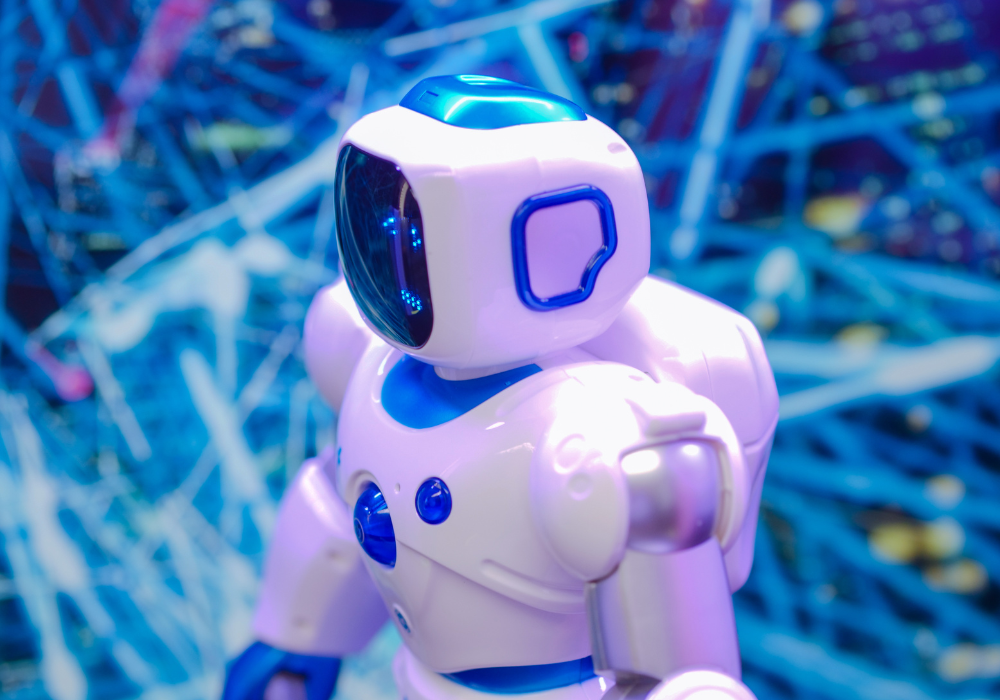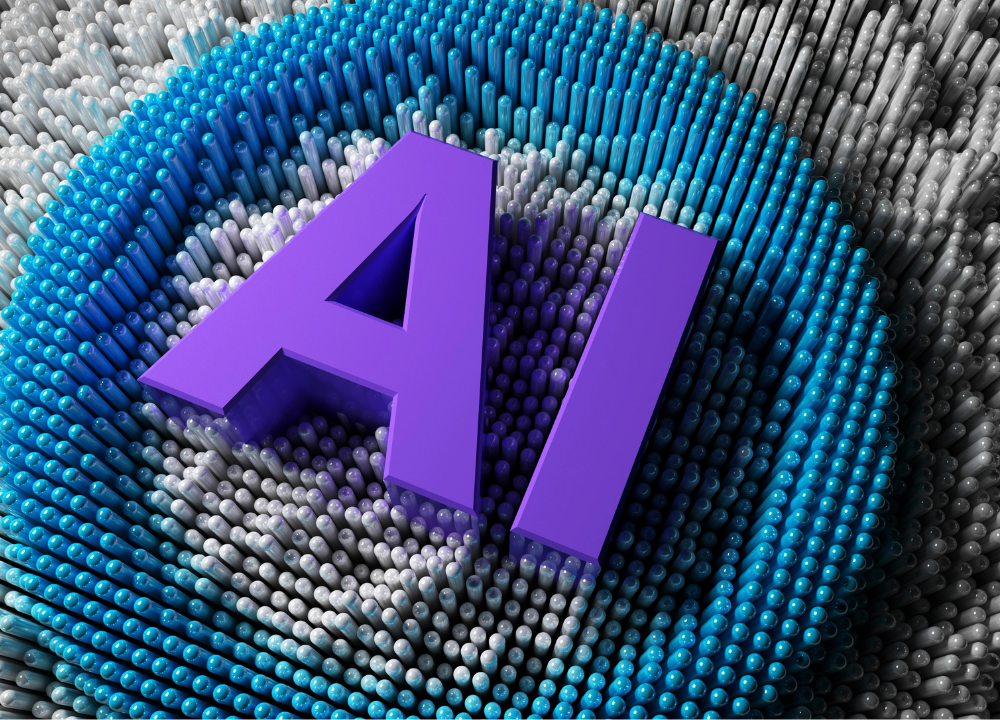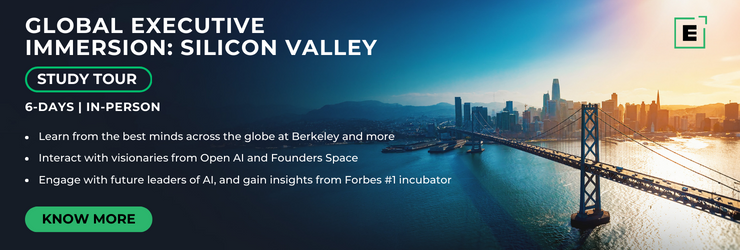Key Differences Between Generative AI and Predictive AI

- What are Generative AI and Predictive AI?
- What are the Advantages of Using Generative AI and Predictive AI?
- What are the Real-World Applications of Generative AI and Predictive AI?
- How are Generative AI and Predictive AI Being Utilized in Different Industries in India?
- Future-Proof Your Career with Emeritus AI and ML Courses
Deloitte’s State of AI in India 2022 survey statistics indicate the massive growth and adoption of the Artificial Intelligence (AI) industry in India. According to the survey, 88% of businesses intend to increase their AI investments. In fact, many companies plan on building their in-house teams to leverage the benefits of booming AI technologies like generative AI vs predictive AI. It strengthens their business outcomes. Thus, professionals need to have in-depth knowledge of generative AI vs predictive AI.
This blog discusses the following:
- What are Generative AI and Predictive AI?
- What are the Advantages of Using Generative AI and Predictive AI?
- What are the Real-World Applications of Generative AI and Predictive AI?
- How are Generative AI and Predictive AI Being Utilized in Different Industries in India?
- Future-Proof Your Career with Emeritus AI and ML Courses
What are Generative AI and Predictive AI?
 Generative AI is a machine learning algorithm that generates content such as text, audio, images, videos, codes, and more. The generative AI models comprise neural networks that learn through training data and generate new content. Open AI’s ChatGPT and Google AI’s Bard are two popular examples of generative AI.
Generative AI is a machine learning algorithm that generates content such as text, audio, images, videos, codes, and more. The generative AI models comprise neural networks that learn through training data and generate new content. Open AI’s ChatGPT and Google AI’s Bard are two popular examples of generative AI.
ALSO READ: What is ChatGPT? Top Capabilities and Limitations You Must Know
Jensen Huang, founder and CEO of NVIDIA, a tech company that designs and manufactures GPUs, explains generative AI as the first computing model that can be programmed in any human language.
Predictive AI is a machine learning algorithm that observes situations, analyzes historical data, and makes predictions or offers recommendations. According to Gartner, predictive AI has the following four characteristics:
- Gives predictions instead of descriptions or classifications
- Processes data within a few hours
- Provides insights that are relevant to businesses
- User-friendly and easily accessible to business owners as a result
Simply put, predictive AI analyzes data to forecast future demands, trends, risks, events, or outcomes by analyzing historical data.
Generative AI vs Predictive AI: Key Differences and Comparison
| Point of Difference | Generative AI | Predictive AI |
| Key Function | Generates content by analyzing training data | Predicts future events by identifying patterns through analysis of historical data |
| Results | Generates multiple original results for the same prompt | Offers specific predictions for particular situations |
| Algorithms | Uses deep learning algorithms and focuses on data inputs | Uses statistical algorithms to analyze historical data |
| Application | Generates creative, personalized content, and seek innovative ideas | Helps organizations with customer support, risk mitigation, and decision-making process |
| Use cases | Develops marketing campaigns, acts as a chatbot for fast customer services | Estimates future sales of the company based on recent market trends, discover non-performing assets at an early stage |
What are the Advantages of Using Generative AI and Predictive AI?
Generative AI vs predictive AI, both these technologies are sub-branches of artificial intelligence. However, they have their unique strengths. The following are their key advantages:
Generative AI Advantages
Fosters Creativity and Innovation
It boosts creativity and innovation by suggesting novel ideas and topics for research and practice.
Boosts Productivity
Generative AI applications help organizations save cost and time and enhance productivity by automating content generation and review tasks. Thus, it enables organizations to focus on core business activities.
Customer Retention
It enables businesses to offer better and personalized customer services, thus helping in customer retention and revenue generation.
Predictive AI Advantages
Effective Decision-Making
Predictive AI has made decision-making effective and quicker for businesses by predicting potential outcomes, thus helping them gain a competitive advantage.
Risk Mitigation
It allows organizations to grow by conducting thorough risk assessments and providing real-time alerts. Thus, it enables them to take quick risk mitigation actions.
Predict Campaign Responses
It helps businesses optimize marketing campaigns by offering insights on the latest trends and anticipating campaign responses.
ALSO READ: Top Skills Required To Make A Career In AI
What are the Real-World Applications of Generative AI and Predictive AI?
Let’s understand real-life applications of generative AI vs predictive AI.
Generative AI Real-World Applications
According to a Gartner report, organizations are leveraging generative AI initiatives for four key purposes:
- Enhancing customer experience and increasing customer retention
- Boosting business revenue
- Cost optimization by increasing productivity
- Ensuring business continuity
Generative AI offers personalized chatbot services and automates mundane tasks.
Predictive AI Real-World Applications
- Analyzes customer behavior and industry trends and helps companies predict future customer demands. Netflix’s recommendation engine is an example of predictive AI. It is touted that it saves more than $1 billion a year for the world’s largest streaming company.
- Enhances the efficiency of cybersecurity systems by predicting potential cyberattacks and sending real-time alerts
- Banking, retail, and insurance sectors utilize predictive AI to identify customer dissatisfaction patterns and find optimum customer retention solutions
How are Generative AI and Predictive AI Being Utilized in Different Industries in India?
According to a report on the Impact, Opportunity, and Challenges of Generative AI, both generative and predictive AI technologies benefit the Indian healthcare, fintech, and education sectors. Let’s understand their impact on various sectors.
Agriculture
Indian generative AI apps like KissanGPT and Apurva.ai are transforming agriculture through crop optimization, crop innovation, resource management, and pest control. Moreover, these apps help farmers choose the best crops and find the best production and sustainable farming techniques.
Predictive AI also analyzes satellite imagery, weather data, and soil composition to predict harvesting patterns and trends. Additionally, it assesses pest population, weather, and other factors to predict pest outbreaks.
Healthcare
Generative AI and predictive AI accurately diagnose medical conditions based on symptoms and suggest personalized treatments by predicting outcomes. Furthermore, they assist in medical research and drug discovery. MedPaLM and CloudMedX are AI healthcare apps that are becoming popular in India.
Manufacturing
AI models are revolutionizing the manufacturing industry by facilitating new product development and designs by elaborate industry research.
Generative AI helps automate customer-vendor interactions. This enables better use of resources and increases productivity. Moreover, predictive AI systems improve the efficiency of quality control systems by finding errors and sending real-time alerts.
Finance
Generative AI models can prepare financial reports and help in auditing. In fact, many banks and fintech platforms also use generative AI to provide real-time customer support for investments or transactions-related queries.
Moreover, predictive AI enables budget planning and data-driven decision-making by analyzing historical data and patterns. It can also predict the performance of various assets and indicate expected returns. Furthermore, predictive AI helps financial institutions detect fraud and monitor non-performing assets.

Education
A personalized curriculum is one of the most beneficial applications of generative AI. It assesses learners’ skills, knowledge levels, and preferred learning methods to organize learning materials, assessments, and lesson plans. Generative AI models also provide real-time personalized feedback to learners, thus helping them achieve their learning outcomes.
Predictive AI enables educators to forecast future skill demand and prepare learning outcomes accordingly.
ALSO READ: How Generative AI Impacts Customer Loyalty and Retention: A Guide for Marketers
Future-Proof Your Career with Emeritus AI and ML Courses
According to the World Economic Forum’s Future of Jobs Report 2023, increased adoption of technologies like artificial intelligence and machine learning will create over 40% new jobs in India.
Statistics from a NASSCOM report indicate that India has the second most talented workforce in AL, ML, and big data. Therefore, even though AI and ML are some of the most promising career paths today, the competition is high. Furthermore, in the generative AI vs predictive AI comparison, a common factor is the fear that AI will replace millions of jobs. Professionals must, therefore, focus on upskilling themselves and staying updated with the latest artificial intelligence and machine learning trends. Emeritus’ online artificial intelligence and machine learning courses teach advanced concepts and practical skills required for a successful career in AI and ML.
By Sneha Chugh
Write to us at content@emeritus.org










